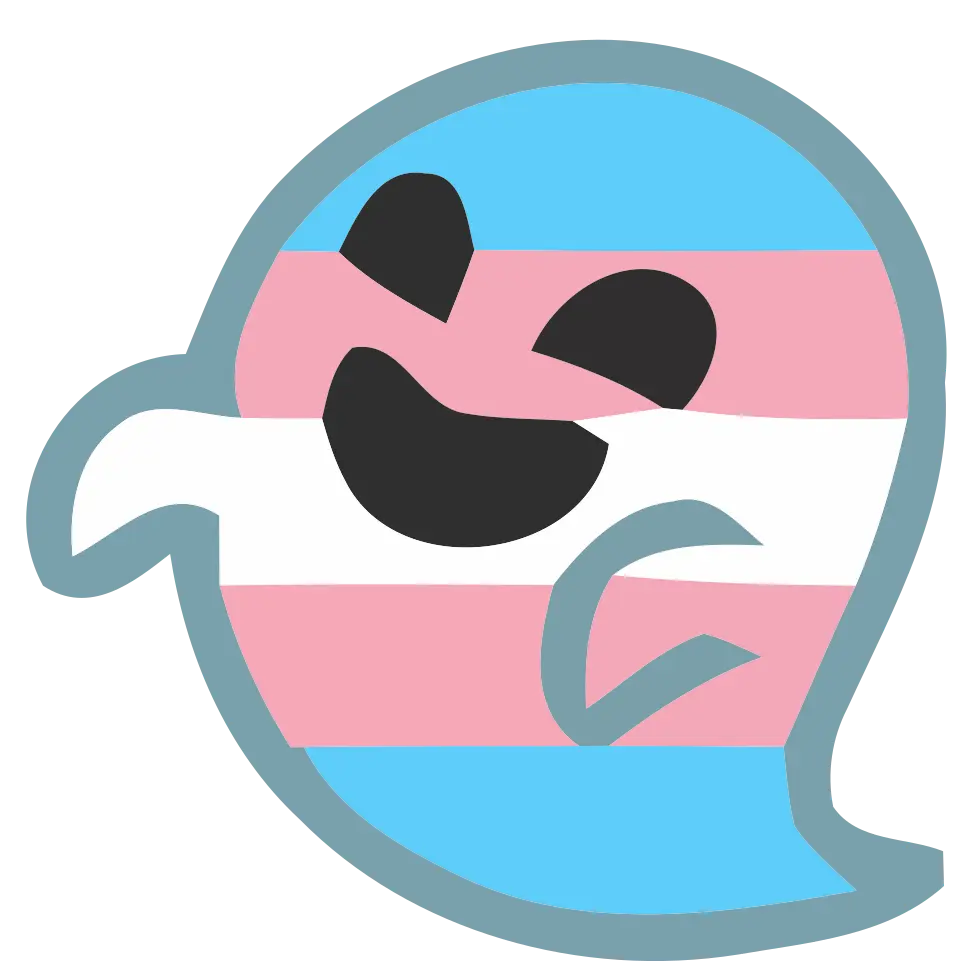I finished this book a while ago and it really blew my mind. I’m a trans woman and it completely changed my understanding of my own gender and my understanding of gender as a concept. It’s given my a new understanding of the ways I may have been perpetuating harm and ways to change for the better. It was just a life changing read for myself and my cis wife as well.
My question is why don’t I see this opinion more frequently in the world? I’ve almost never heard someone use the term effemamania even though it feels so accurate to what’s going on so often. I googled it and I don’t see much real critique of it other than a single reddit post. Is there some big problem with the book that makes it not actually a good book that I’m missing? Or is it just more or less ignored for some reason?
Also if anyone else has read it I’d love to hear your thoughts too. Sorry if this is the wrong comm.



Not really, no. Unless you consider the somewhat dated language a problem (which honestly some people are going back on now), Julia Serano wrote a very very good transfeminist text. The problem with that (and my answer to your next question) is that, how often do you see transfeminists actually talked about in the mainstream or at all for that matter?
Thankfully in recent weeks, at least 3 “big” trans youtubers (Alexander Avila, Philosophy Tube, and I can’t remember the last one I saw, maybe Avelo?) have referenced Whipping Girl and Julia Serano in their videos. (Naively) Optimistically this could put a few more eyes on it which would only be a good thing.
I myself am constantly referencing the text when discussing (trans) gender politics with (cishet male) friends as well as when commenting online.
I love this book. I think about the text so often in my life. I immediately bought the paperback after I officially started coming out and could actually have physical objects relating to my transness. Before I read the book I was already sorta on the path to actually understanding intersectional feminism, but Whipping Girl cemented my resolve to really “get into” transfeminism.
I also sincerely wish more people trans or otherwise would read Whipping Girl, not just in spaces like this where we openly embrace theory, but even in less leftist spaces as well. Unfortunately in today’s day and age, getting people to read books is like pulling teeth.